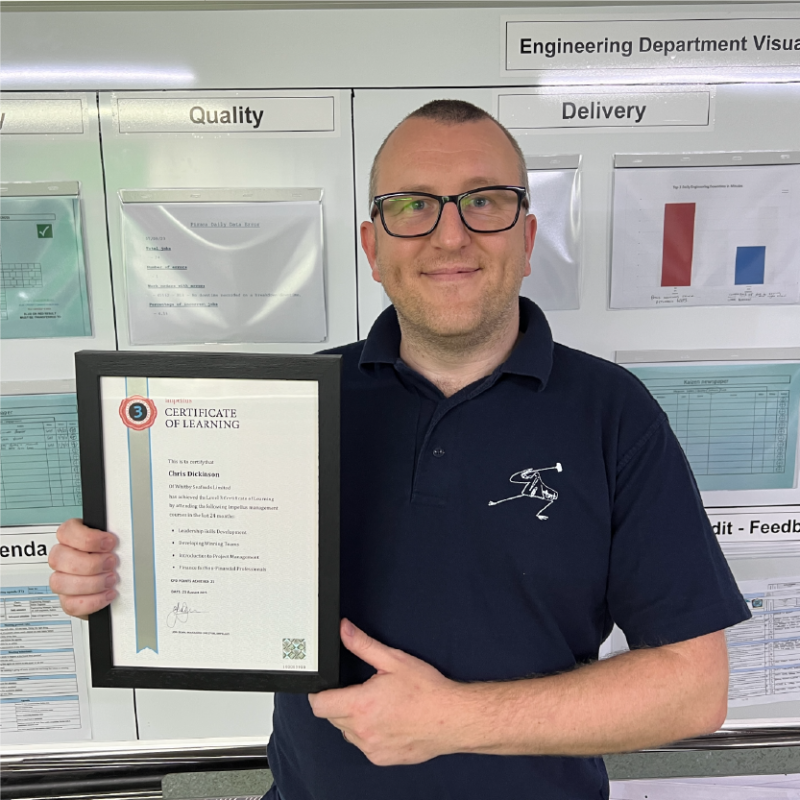A familiar scenario that we frequently come across is when someone who is brilliant at their job is promoted into a management position. But being good at your job is very different from being a good manager which requires a whole new set of skills such as communications, presenting, delegation, coaching, and managing performance.
Amy Scoular
Impellus Leadership and Management Trainer
Eight reasons why it’s so hard to be a new manager
- Lack of experience means you may not have the basic skills required to effectively manage people and make decisions.
- Former peers may feel jealous or resentful, especially if they applied for the position too. This may lead to conflicts or efforts to undermine your authority.
- Your previous friendly and informal relationships may no longer be appropriate. This shift in the power dynamic can be uncomfortable and cause tension.
- It can be difficult to take an impartial and objective approach to ensure all team members are treated the same – especially if you were particularly close with some colleagues before your promotion.
- You will be faced with a whole new set of expectations and responsibilities as a manager – and these may not be particularly clear at first.
- You may feel your job skills and expertise are being sidelined as your people management responsibilities take priority. This can be a tricky transition.
- It can be difficult to provide feedback to former peers, especially when performance issues need to be addressed or personnel changes have to be made.
- Inexperience can lead to inappropriate management behaviour such as being over-demanding, bossy or distant.
And what you can do about it …
Be honest with yourself and your team. Acknowledge that you have skills to learn and that the transition may be tricky at first. Create an inclusive and mutually supportive team culture.
- Communicate clearly about your new role and how this may affect the team. For example, will your previous role be taken over by someone else?
- Make it clear that you value the help and support of your team and are willing to learn from them.
- Demonstrate a consistently, fair, impartial and transparent approach in all your dealings with individual team members. Strike a balance between maintaining positive relationships and managing effectively.
- In collaboration, set clear goals, expectations and performance measurement processes for the team and individual team members.
- Take advantage of leadership and management training opportunities. This may be particularly important for potentially difficult challenges such as managing under-performance and dealing with ‘people problems’ such as workplace tensions, absenteeism or persistent lateness.
Impellus offers a range of Level 3 training courses that are targeted at team leaders and newly promoted managers, enabling them to analyse, understand and apply key management skills.
Courses can be taken as standalone modules or as part of an ILM Level 3 Award in Leadership and Management or an Impellus Level 3 Certificate of Learning in Leadership and Management.























